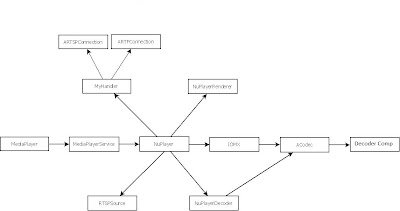memcpy() and memmove()
memcpy does a mindless copy, regardless of whether there are shared bytes between the source and destination:
void *memcpy (void *dst, const void *src, size_t n) { char *a = dst; const char *b = src; while (n--) { *a++ = *b++;}
return dst; }memmove does backward copy and takes care of overwritten value of shared bytes:void *memmove(void *dst, const void *src, size_t n) { char *a = dst; const char *b = src; if (a <= b || b >= (a + n)) {/* No overlap, use memcpy logic or can use memcpy itself(copy forward) */ while (n--) *a++ = *b++;}else { /* Overlap! Copy backward to fix */ a = a + n - 1; b = b + n - 1;while (n--) *a-- = *b--; } return dst;} 


